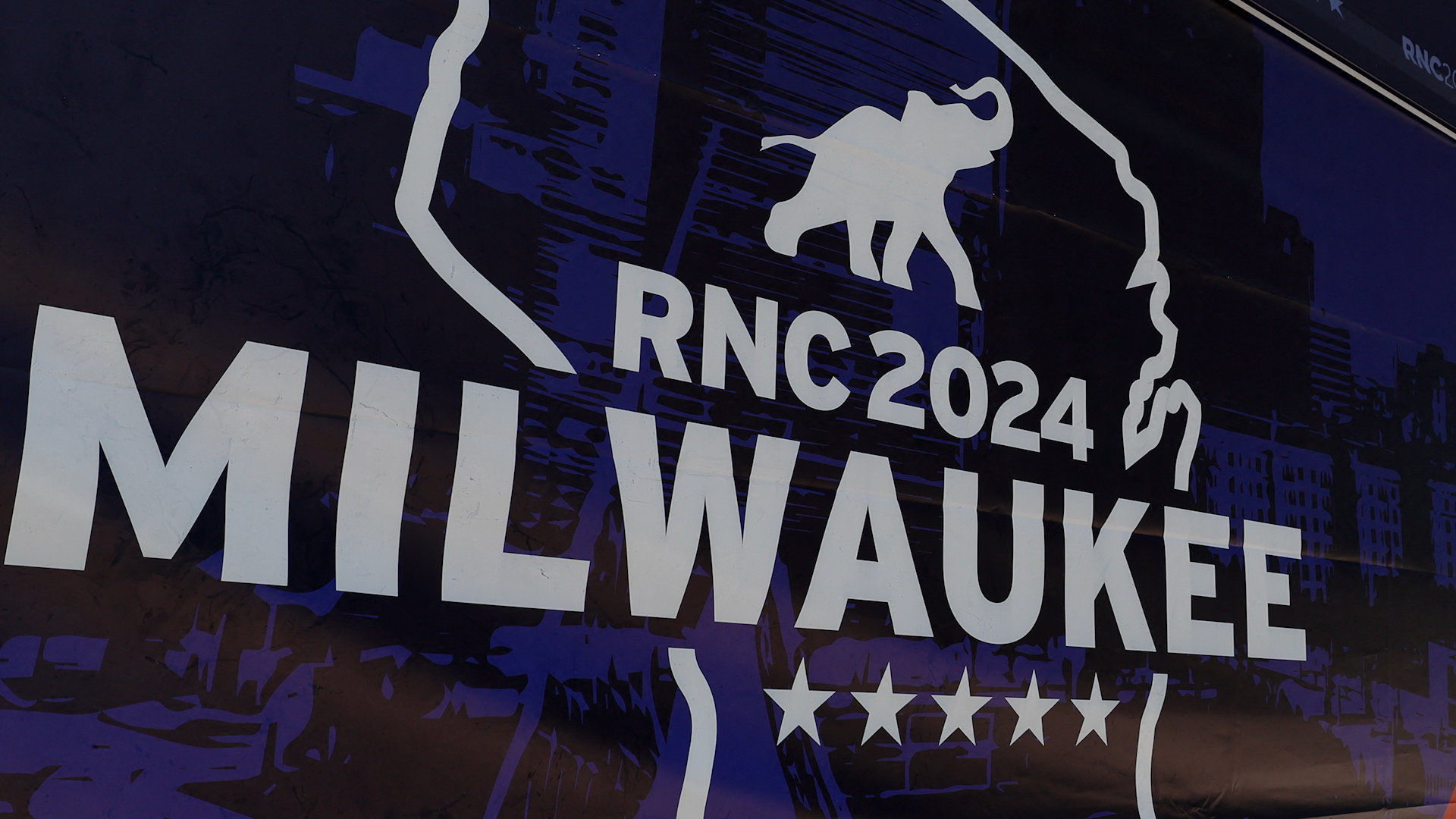Notable Speakers and Their Impact

Rnc speakers – The Republican National Convention (RNC) featured an array of prominent speakers who delivered impactful messages that shaped the overall tone and messaging of the event.
Amidst the lively chatter of RNC speakers, one name stood out for its compelling message: J.D. Vance. His wife, Usha Vance , has played a pivotal role in his political journey, offering unwavering support and wise counsel. As the RNC speakers continued to engage the audience, Vance’s message resonated deeply, leaving a lasting impression on the minds of those present.
Among the most notable speakers were:
Former President Donald Trump
- Delivered the closing speech on the final night of the convention.
- Reiterated his claims of election fraud and attacked his opponents.
- Energized the Republican base and set the stage for the upcoming election.
Vice President Mike Pence
- Spoke on the opening night of the convention.
- Defended the Trump administration’s record and attacked the Democratic Party.
- Helped to unify the Republican Party behind President Trump.
Secretary of State Mike Pompeo
- Delivered a speech on the second night of the convention.
- Highlighted the Trump administration’s foreign policy achievements.
- Criticized the Obama administration’s handling of foreign affairs.
Former United Nations Ambassador Nikki Haley
- Spoke on the third night of the convention.
- Delivered a powerful speech that resonated with many Americans.
- Highlighted her own personal story and criticized the Democratic Party.
Senator Tim Scott (R-SC)
- Delivered a speech on the fourth night of the convention.
- Spoke about his personal experiences with racism and his belief in the American dream.
- Helped to broaden the appeal of the Republican Party to minority voters.
The speeches delivered at the RNC had a significant impact on the overall tone and messaging of the convention. They helped to unify the Republican Party behind President Trump, energize the Republican base, and attack the Democratic Party. The speeches also set the stage for the upcoming election and helped to shape the public’s perception of the Republican Party.
Rhetorical Strategies and Techniques

The speakers at the RNC employed a range of rhetorical strategies to engage and persuade the audience. These included appeals to emotion, logical arguments, and the use of metaphors.
Appeals to emotion were used to connect with the audience on a personal level. Speakers shared personal stories and anecdotes to illustrate their points and to evoke empathy from the audience. For example, Nikki Haley spoke about her experience as a daughter of Indian immigrants and how her parents’ hard work and sacrifice inspired her to pursue a career in public service.
Logical Arguments
Logical arguments were used to provide a rational basis for the speakers’ positions. Speakers cited facts, statistics, and expert opinions to support their claims. For example, Mike Pence argued that the Trump administration had made significant progress on the economy, citing low unemployment rates and rising wages.
Use of Metaphors
Metaphors were used to create vivid images in the minds of the audience. Speakers used metaphors to compare complex ideas to familiar concepts, making them more relatable and easier to understand. For example, Donald Trump Jr. compared the Democratic Party to a “sinking ship” and said that the Republican Party was the “lifeboat” that would save America.
The effectiveness of these rhetorical strategies varied depending on the speaker and the audience. Some speakers were more successful than others in using these techniques to engage and persuade the audience. However, overall, the speakers at the RNC used a range of rhetorical strategies to effectively communicate their messages to the audience.
Content and Policy Discussions: Rnc Speakers

The Republican National Convention (RNC) speakers addressed a wide range of policy issues, including the economy, healthcare, education, and immigration. While there were some areas of agreement among the speakers, there were also significant disagreements, reflecting the diversity of views within the Republican Party.
Economic Policy
Many of the speakers focused on the economy, arguing that the Trump administration’s policies have led to strong economic growth and job creation. They highlighted the low unemployment rate and rising wages as evidence of the success of these policies. However, some speakers also expressed concern about the growing national debt and the potential for a recession.
Healthcare Policy
Healthcare was another major topic of discussion at the RNC. The speakers generally agreed that the Affordable Care Act (ACA) should be repealed, but there were different views on what should replace it. Some speakers advocated for a free-market approach to healthcare, while others supported a more government-regulated system.
Education Policy, Rnc speakers
The speakers also discussed education policy, with many expressing support for school choice and vouchers. They argued that these policies would give parents more options and improve the quality of education. However, some speakers also expressed concern about the potential for these policies to lead to increased segregation and inequality in education.
Immigration Policy
Immigration was another key issue addressed by the speakers. Many of the speakers took a hard line on immigration, calling for increased border security and restrictions on legal immigration. However, some speakers also expressed support for a more compassionate approach to immigration, arguing that undocumented immigrants should be given a path to citizenship.
As we delve into the world of political discourse, the speeches of RNC speakers hold immense sway. Their words have the power to shape public opinion and influence the course of elections. In a similar vein, the “hillbilly elegy movie” explores the complexities of rural American life , offering a poignant commentary on the struggles and triumphs of those often overlooked.
Yet, as the dust settles on election season, the voices of RNC speakers continue to reverberate, reminding us of the profound impact that words can have in shaping our political landscape.